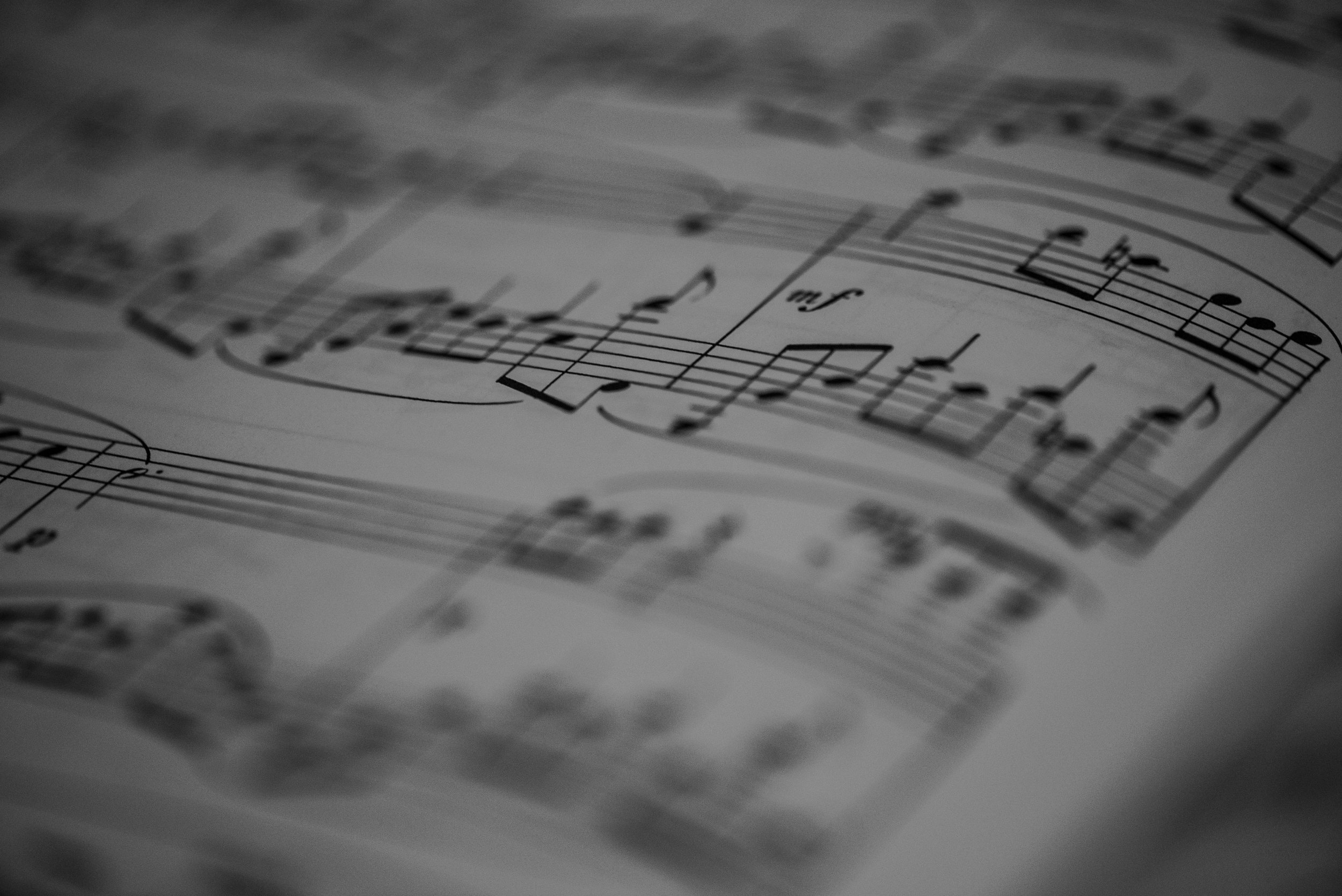Everything you need to know about ABRSM Grade 5 Music Theory
ABRSM Grade 5 Music Theory Exam Overview
If you study an instrument, then music theory will form a vital part of your learning as it gives you a deeper understanding of the music that you’re playing, and the skills to be more independent in your learning.
The Theory exam is none instrument-specific and forms a prerequisite for anyone wishing to take performance exams of grade 6 or higher or sit A-level music.
You can book and sit the exam online at any time of the year. all you will need is an ABRSM account to get started, or alternatively, your teacher can book you in.
Once you have booked your exam you have 28 days from this date to sit it, this can be done at any time of the day, all you will need is a computer with a webcam.
Exam Structure
-
Time Signature (Compound, Simple & Irregular)
Subdivisions (Duplet, Triplets & Fioratura)
Note Values (Breve down to Demi-Sime Quaver)
Grouping & Rests (rules for all time signatures)
-
Reading in 4 clefs (Treble, Alto, Tenor & Bass)
Enharmonic Eqivilents (Double Sharps & Double flats)
Transposing (Used in 3 keys, F, Bb & A)
Transcribing (Up and down and octave)
-
All Major Key Signatures (Up to 7 Flats and Sharps)
Minors Scales (Harmonic, Melodic & Natural)
Chromatic Scales (In all clefs)
Technical Names (Tonic, Dominant etc)
-
Identifying intervals (Major, Minor, Augmented & Diminished)
Compound Intervals & Extensions
Drawing out Intervals
-
Harmonising a melody (using diatonic chords)
Identifying cadences (Perfect, Imperfect & Plagal)
Labeling Chords (Including Inversions)
-
Italian Terms (101 in total)
French Terms (6 in Total)
German Terms (6 in Total)
Signs (19 in Total)
Identifying Ornaments (notated)
Instruments of the Orchestra (Woodwind, Brass, Strings & Percussion)
Vocal Ranges (Soprano, Mezzo, Alto, Tenor, Baritone & Bass)
-
This section covers all knowledge from the previous sections related to a single extract of instrumental / chamber music
Key Information
Exam Duration: 2 hours
Total Marks: 75
Pass Mark: 50
Merit Mark: 60
Distinction Mark: 65
Exam Fee: £51
Results Received within 1 month
Preparing for the exam
The ABRSM music theory trainer app does a good job of “gamifying” the learning process, but it does however have a couple of draw backs.
When you make an incorrect answer it doesn’t tell you why it was wrong, it also does not allow you to skip out grades, if you want to practice grade 5, you will first have to work through the previous grades.
For this reason we reccommned it as a revision tool once you have completed the workbooks.
ABRSM Discovering music theory is a workbook designed to take you through every aspect of the material you will need to know for the exam.
As well as detailed explanations, it also has a number of exercises and even a mock exam at the back.
This is a great place to start however if you’re new to music theory I would recommend starting out on an earlier grade.
Mock exam papers are one of the best ways you can prepare for your exam, they are produced in packs of 4 papers, to replicate exactly the style and layout of the questions you will get.
Just remember you will need to order papers from 2021 onwards to make sure they are compatible with the current online form of the exam.
Additional Support Links
-
The ABRSM Online Music Theory Exams, use online proctoring software. The exam will be recorded throughout and moderated by trained examiners. you can download the software here.
-
A full list of the French, German and Italian terms as well as the performance direction symbols can be found here.
-
The online mock is the perfect final run-through you can do to prepare for the way it will feel to answer the questions online. remember you will not be able to annotate answers as you have been in the paper mock tests. all working out will have to be done on separate papers. try it out here
-
before trying the online mock, have a look at the sample paper, this will give you a good idea if you need to do some more study. Linked here




